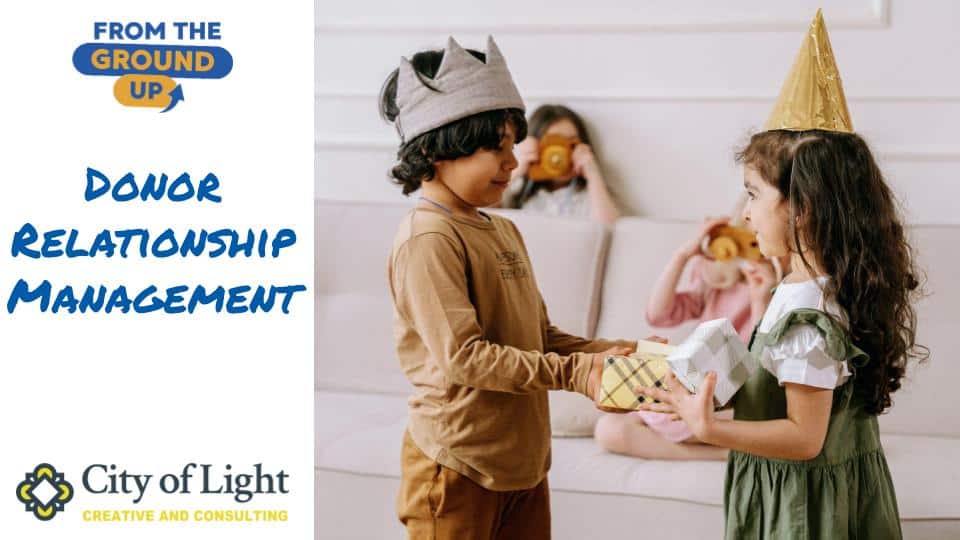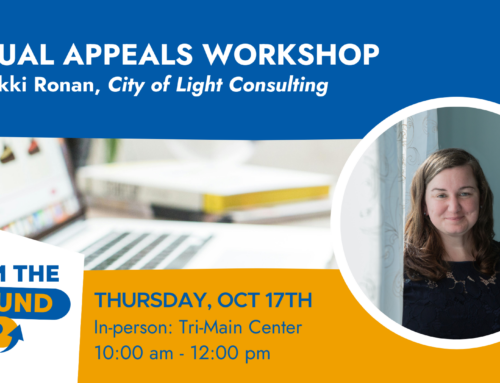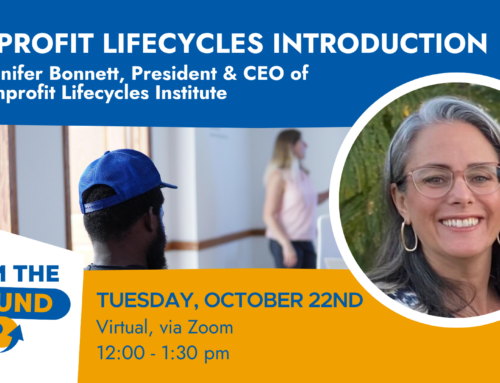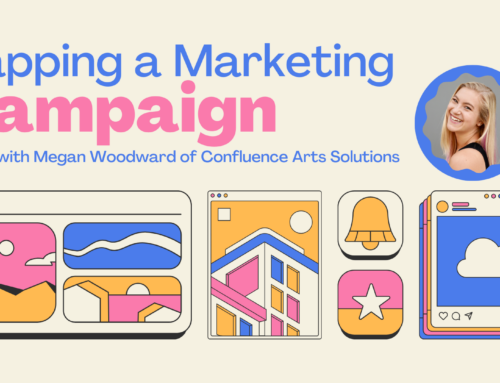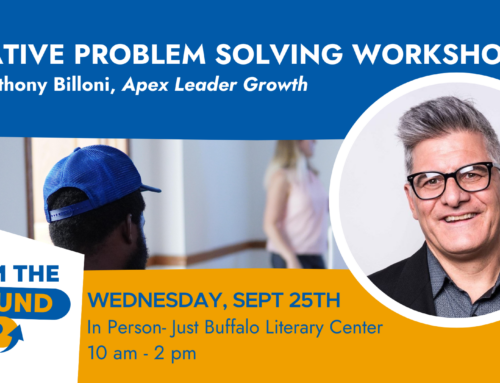On Tuesday, January 16th, 2024, we had the pleasure of hosting a virtual presentation by Nikki Ronan and Brian Ronan of City of Light Creative & Consulting, a firm that specializes in helping nonprofits with donor relationship management. They shared their valuable insights and best practices on how to retain and cultivate our existing donors, attract and engage new donors, and increase our unrestricted funding. Some of the key takeaways from their presentation were:
Meet the Presenter
Nikki Ronan is the founder and lead consultant of City of Light Consulting. She began the organization with over a decade of experience in various not-for-profit settings.
She made the jump to consulting when she realized that she’d become the go-to person for people with questions about the nonprofit world, with a firm belief that there is nothing more energizing or fulfilling than helping an organization reach its full potential.
With a Masters in Community and Economic Development and a second in Organizational Leadership, Nikki brings knowledge and experience to her work with clients.
Nikki is honored to support the incredible work of organizations around the world. In addition to her experiences in higher education, she has had the opportunity to learn through experience in local direct-service organizations, relief organizations, and government settings.

